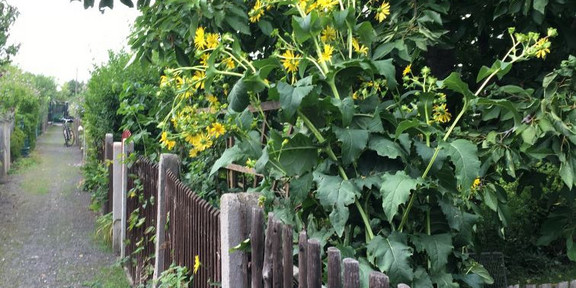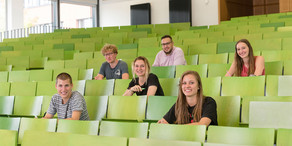Social change and the everyday handling of difference in the city
- Research Projects

Project management:
Dr. Nina Schuster
Duration/Duration:
01.07.2018 – 30.09.2021
Funding:
German Research Foundation (DFG) (Own Office)
Project:
The study combines approaches to inequality theory with a conflict theory perspective on the everyday handling of difference in the city. Social inequality and the associated unequal distribution of material and symbolic goods, education and life chances, as well as social exclusion due to prejudice and discrimination, make differentiation processes the subject of social science analysis. The project understands the social space with Bourdieu as a relational “space of positions of power.” The actors are constantly struggling for positions in the social sphere, with unevenly distributed capital and being subject to structural constraints. The focus is on differentiation in people’s everyday lives, based on the contexts and mechanisms of their everyday “Doing Difference” (West/Fenstermaker) as well as the differentiation categories they use to represent and construct everyday life.
Social heterogeneity has always been fundamental for urban societies. But since the mid-1970s at the latest, the logic of integration based on gainful employment, attributed to cities in Western societies, has become obsolete. As a result, social division is feared: Existing social inequalities could be exacerbated by powerful spatial processes. The present or future city appears in many portrayals as a place of conflicts that complicate or prevent integration. The impression arises that there is a lack of forms and situations to revive and further develop the integration capacity of urban society, both in terms of everyday life and structurally.
The study responds to this diagnosis with a conflict-theoretical approach that reverses the assumption that conflicts are to be understood as signs of disintegration. A sociological understanding of conflict suggests considering conflicts as vital to societies (Dahrendorf). In order to answer how to deal with difference in cities, the project focuses on contexts of “banal transgression” (Amin). This refers to certain micro-publicities in which people develop their social togetherness through everyday encounters, while negotiating differences. In these contexts, the participants become dependent on each other, so dialogue and simple negotiations are imperative, which are not primarily family or friendships.
Various garden clubs in Dortmund and Leipzig are ethnographically researched. The relevance of small garden associations as established places of urban social coexistence is still high in the FRG. Their function for banal transgression in the context of differentiation processes and the negotiation of conflicts in the everyday “togetherness” of the members is investigated.
Contact:
Nina Schuster send e-mail




